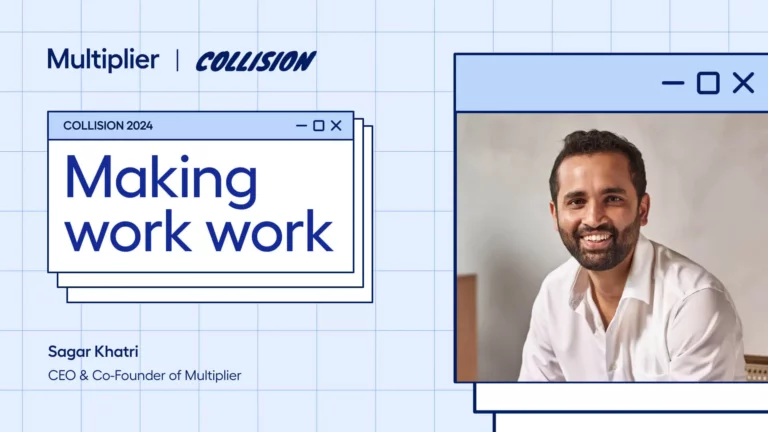Payroll Processing
What is Payroll Processing?
Payroll processing is the administrative task of managing the calculation, distribution, and reporting of employee wages and salaries within an organization. This process encompasses everything from tracking hours worked and calculating pay based on those hours, to deducting taxes and other withholdings, and finally distributing the net pay to employees. Effective payroll processing is critical to ensure accurate and timely payment to employees, compliance with government regulations, and proper financial documentation.
Essential Steps in Payroll Processing
The payroll processing cycle involves several key steps. First, data collection is crucial; this includes gathering accurate information on employee hours, salaries, bonuses, and deductions. Next, calculations are performed to determine gross pay, deductions, and net pay. After calculations, the payroll must be approved by the relevant authorities within the organization. Finally, payments are disbursed via checks or direct deposits, and payroll records are updated and stored for future reference and reporting.
Technological Integration
Modern payroll processing often relies heavily on payroll software systems that automate many aspects of the process, reducing the likelihood of human error and increasing efficiency. These systems can integrate with timekeeping and human resources software to streamline data collection and calculations. They also often feature compliance tools that automatically update to reflect current tax laws and rates, further simplifying the payroll process.
Challenges and Solutions
Challenges in payroll processing can include managing diverse employee contracts, dealing with fluctuating tax rates, and integrating disparate systems. To address these challenges, businesses can adopt centralized payroll systems, provide regular training to payroll staff, and establish clear payroll policies and procedures. Regular audits and compliance checks are also essential to ensure that the payroll process remains accurate and adheres to all legal requirements.
Effective payroll processing plays a pivotal role in the operational efficiency of an organization. By ensuring that all employees are paid accurately and on time, businesses can maintain high morale and productivity levels while also adhering to regulatory standards.
Ready to take the leap? Choose Multiplier as your EOR partner




